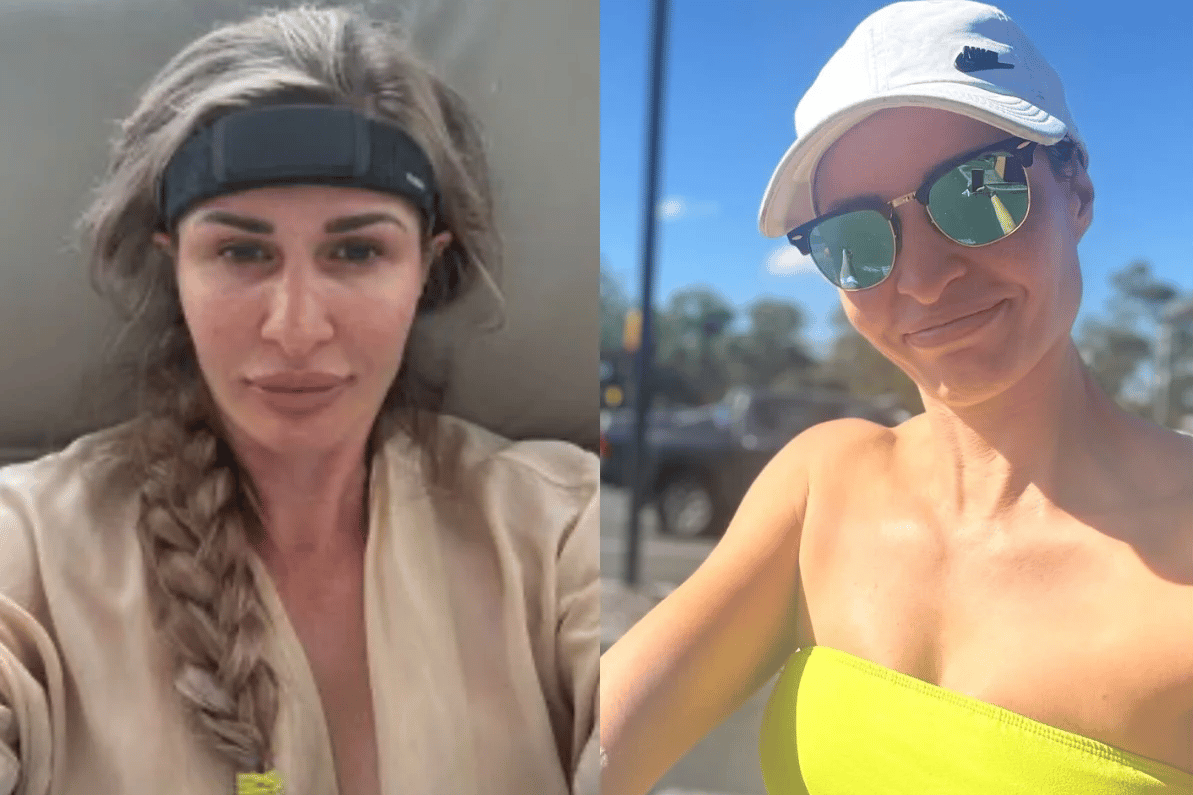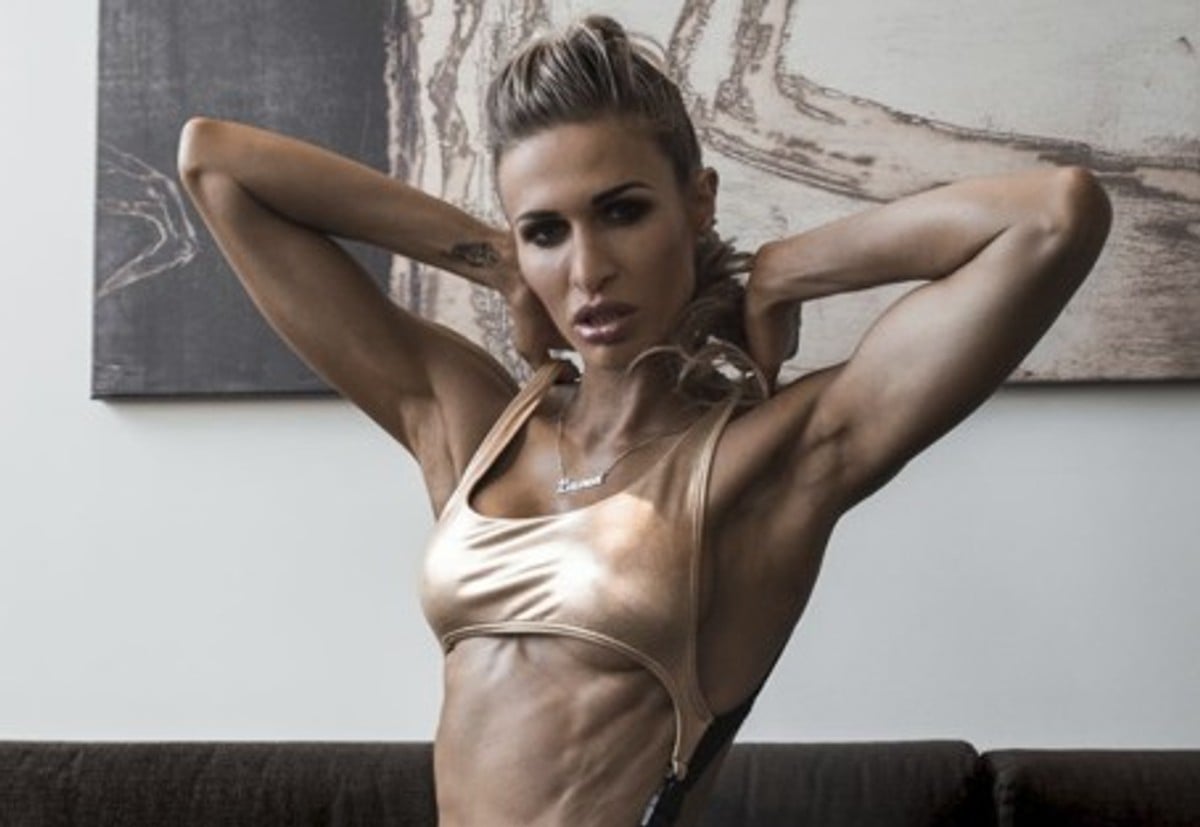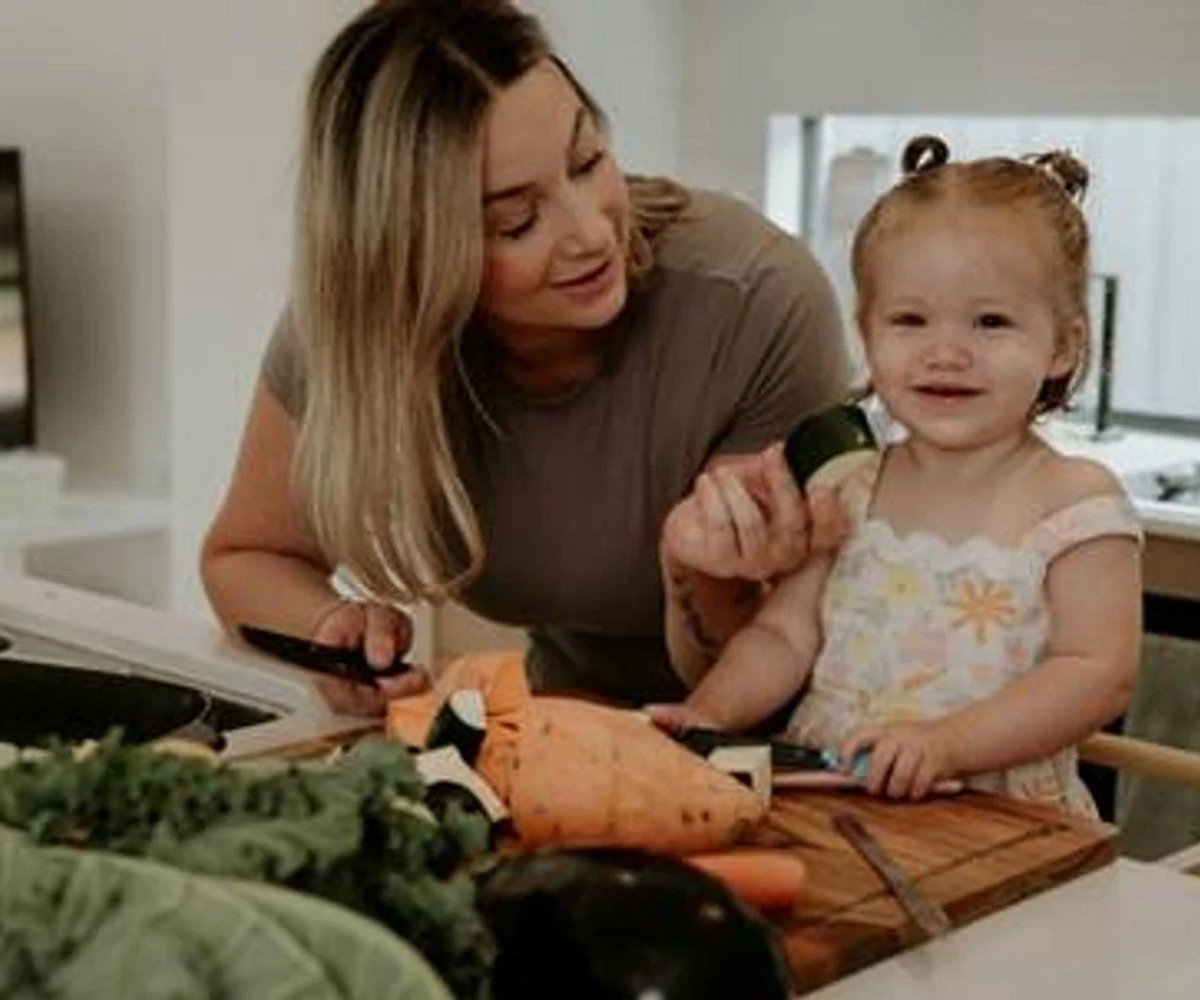
When Loz Antonenko first stepped into the gym, she wasn't chasing perfectionism or washboard abs — she was running away from pain.
In 2016, Loz's world crumbled after the sudden death of her husband. Grieving, Loz coped the only way she knew how: by staying busy.
"I went straight into 'doing' mode. I buried my grief in productivity," she told Mamamia.
Loz started taking walks and increasing her physical activity. Those walks soon turned into late-night gym sessions.
At the gym she met a volunteer who suggested she try lifting weights. "At first, I joked, 'Not if I end up like those sweaty, grunty blokes!'," she said.
But she gave it a shot anyway and something clicked.
"The gym became my anchor. Those same 'grunty blokes' became my unexpected support system," Loz explained. "We talked about goal-setting, nutrition, personal development — things no one in my world had ever talked to me about."
Watch: The difference between intuitive eating and dieting. Article continues after the video.
Within six months, Loz transformed — both physically and mentally. She felt stronger, more capable. She couldn't get enough of the feeling and decided to take it one step further, spontaneously deciding to enter a bikini bodybuilding competition.






























































































